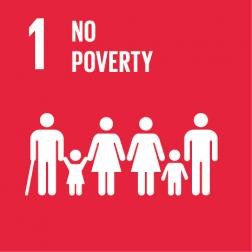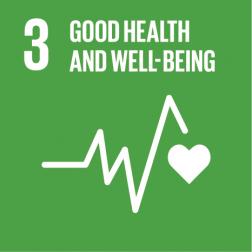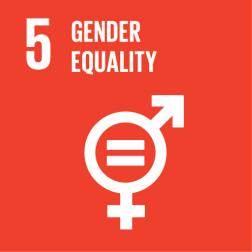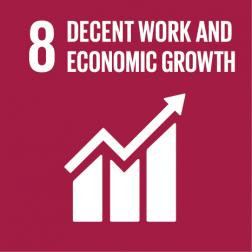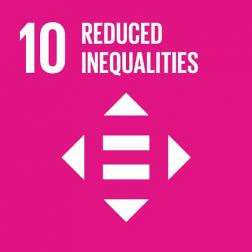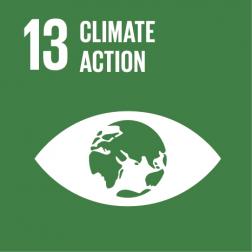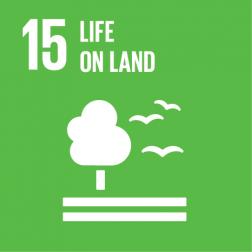General
In El Salvador, Honduras, Nicaragua and Cuba, the strengthening of the capacities of partner organisations (trade unions, farmers' organisations and local NGOs) and their target groups, in terms of organisation, mutual cooperation, political advocacy and social dialogue, has mobilised the relevant authorities and actors in the region around the right to decent work, social protection and health, while respecting gender equality and the environment. The outcome is linked to pillar 2 (labour rights) and pillar 3 (social protection) of the decent work agenda according to the ILO definition.
For pillar 2, the intervention strategy focuses on two focal themes: precarisation and casualization of labour and gender equality in the workplace. Both themes are treated from partner organizations’ viewpoint and their target groups in the textile, food and construction sectors. These sectors are linked to global production chains and to multinationals that bear an important responsibility for improving the situation of the target groups and labour rights for the region as a whole. The programme aims to strengthen the partner organizations and their target groups in their negotiating capacities towards employers. Partners increase their capacity to influence the labour policies of government authorities and expand their negotiation capacity towards relevant multinational companies and certification bodies in the production chain.
The intervention for pillar 3 focuses on contributing to stronger health models and strengthening sexual and reproductive health and rights (SRHR). The partner organizations and their target groups identified the following problems: lack of primary care, quality in care (including patient care), citizen participation in health, preventive health approach and attention for social determinants of health (such as access to potable water) within health care policies. For SRHR: violence against women, total abortion ban, teenage pregnancy rates and the rise of HIV and other STD’s.
The programme aims to strengthen the partner organizations and their target groups in their (sexual and reproductive) health promotion and in policy influencing towards the public health institutions, in alliance with other social actors, with attention for access to potable water as a health determinant. A vital strategy is social auditing of health care services and participation in health (advise) committees.
General information
Title
OS7 - Promouvoir le travail décent à l'Amérique Centrale (Nicaragua, Salvador et Honduras) et aux Caraïbes (Cuba)
ID
XM-DAC-2-10-8065
CRS ID
2022008065
Start date
End date
Activity status
Implementation
Budget
€7.016.301
Actor
NGO FOS Socialistische Solidariteit : Fonds voor Ontwikkelingssamenwerking - FOSco
Sector
Social Infrastructure - Labour Rights
Policy markers
Gender 1
Environment 1
Good Governance 1
Climate: Mitigation 1
RMNCH: Reproductive, Maternal, Newborn and Child Health 2
Aid type
Core support to NGOs, other private bodies, PPPs and research institutes
Fragile state
No
Least developed country
No
Budgetline
54 20 356072 NGO Programs
Finance type
GRANT
Tied status
No
Flow type
ODA


